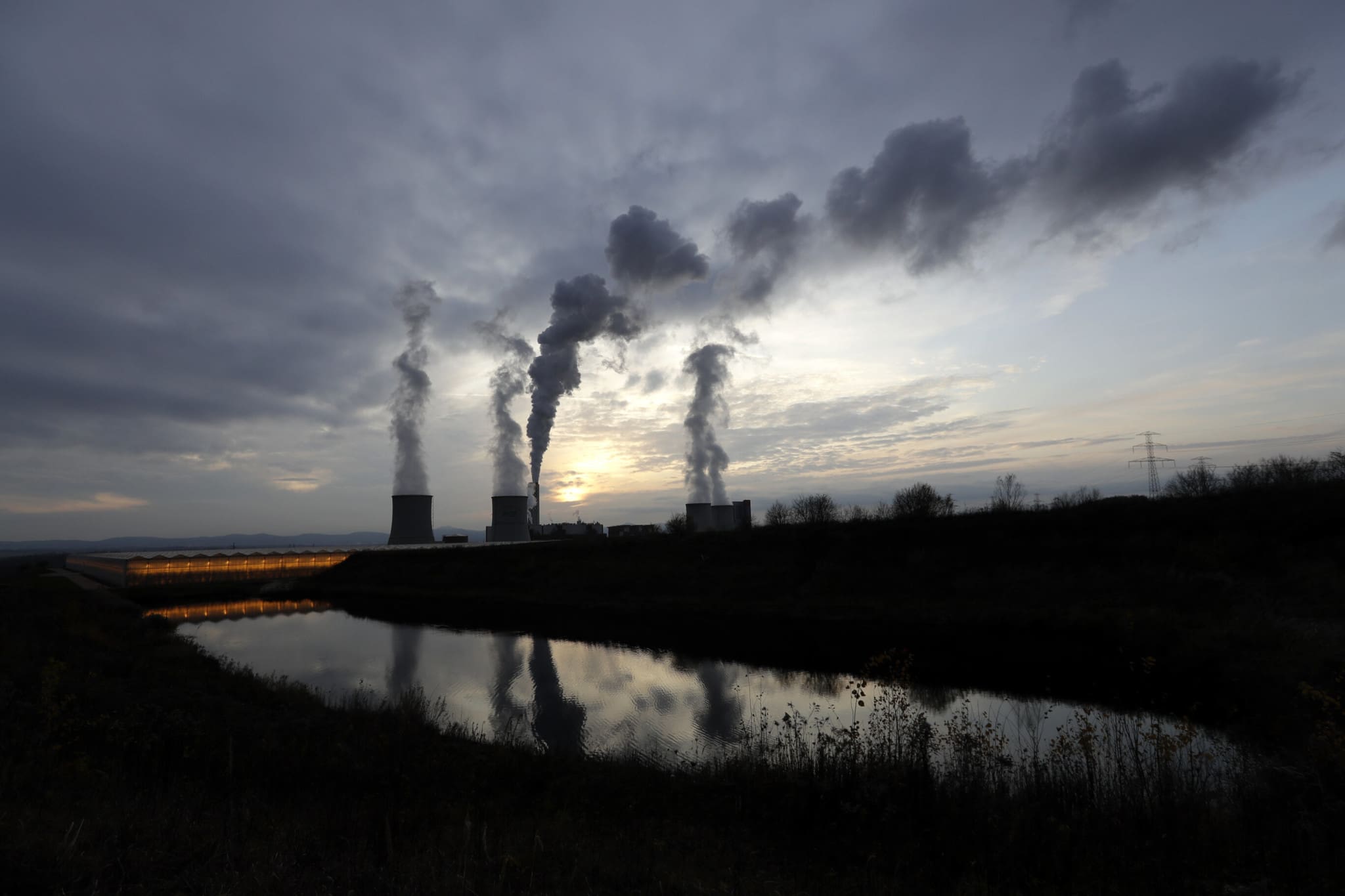The fate of the Turów lignite mine and power plant, which supplies about 7 percent of the country’s energy needs, is being decided, and it may close as soon as 2026.
The regional administrative court in Warsaw has overturned an environmental permit issued to one of Poland’s largest coal mines, Turów, finding that it was issued in violation of an agreement with the Czech Republic, on whose border the mine is located.
What could not be achieved by Czech environmentalists seems to have been completed by German activists and municipalities. It is a disaster for the region, as it is impossible to create 10,000 jobs connected to the mine that will be lost in a matter of two years.
At the same time as Turów is to close, such mines and power stations operate in Germany and Czechia, and that may be the goal of this game: to make Poland buy its electricity from foreign nations. Environmentalists do not seem interested in the scores of German and Czech mines — they only oppose Polish ones.
A shortfall of 7 percent in power generation could also destabilize power supply in the southwest of Poland. The court decision, which has been issued, is profoundly damaging to Poland’s economy and will have considerable social costs as well. Meanwhile, it will do nothing for the environment, as the energy will have to come from coal-generated power in Germany.
For now, the mine will continue to function while a separate case is also heard. However, its operation beyond 2026 remains in doubt.
The environmental permit in question was issued in 2022. Last year, environmental groups challenged the decision, arguing that the mine’s operation was harmful to both people and the environment. In February 2023, the environmental permit was issued to extend the mine’s operation from 2026 to 2044, but that decision was also challenged, while a separate case is pending.
Turów only emits 15 percent more CO2 than gas-fired power stations, and its new technology has been approved by the European Commission. Even the EU commission accepts that Poland cannot get off coal overnight, as its renewable potential is not great enough to meet the current demand for power.





